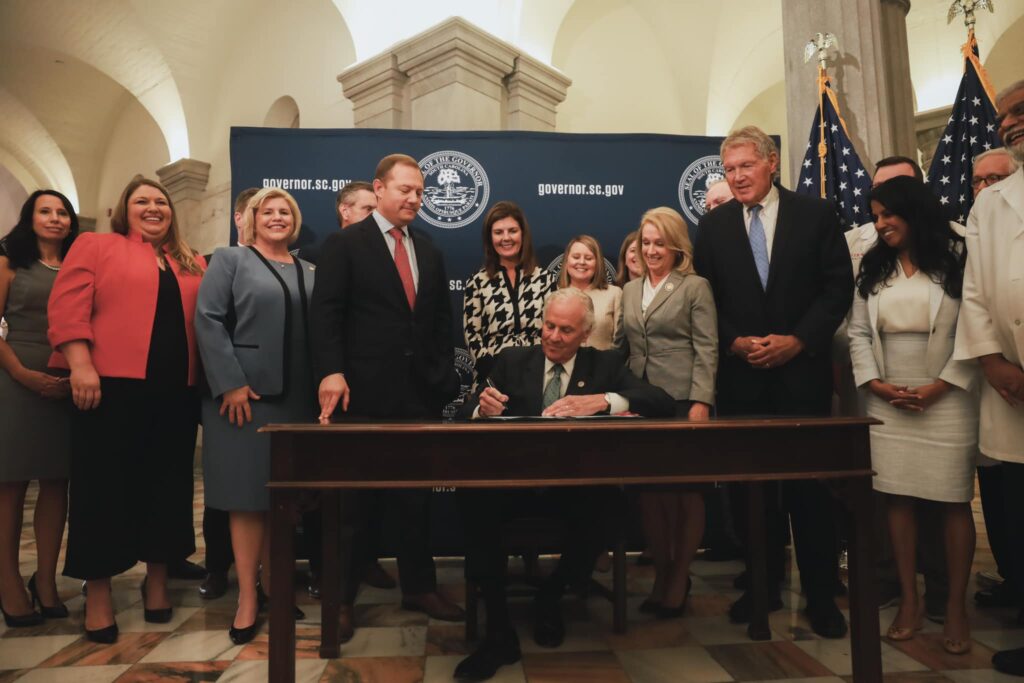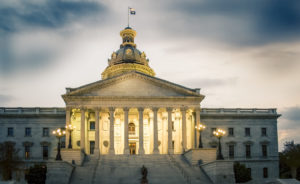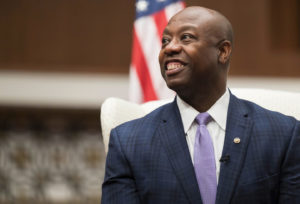McMaster signs pair of ‘child safety’ measures
(The Center Square) – South Carolina Gov. Henry McMaster ceremonially signed a pair of “child safety” measures on Wednesday, including one mandating age verification on websites with sexually…

(The Center Square) – South Carolina Gov. Henry McMaster ceremonially signed a pair of “child safety” measures on Wednesday, including one mandating age verification on websites with sexually explicit content.
H. 3424, the Child Online Safety Act, mandates that sites with at least one-third of their content being “obscene material” enforce an age verification system starting Jan. 1, 2025. This would ostensibly bar users under 18 from accessing the site’s material.
McMaster also signed H. 4624, the Help Not Harm Bill, which bans health care professionals from providing gender transition procedures to anyone who isn’t at least 18 years old.
“Protecting the innocence of our state’s children is our shared responsibility, and as threats to our children emerge, we must adapt our laws to ensure their safety,” McMaster, a Republican, said in a statement. “These signings reflect our commitment to ensuring the health and well-being of all our state’s children from damaging influences online and off.”
The bill also makes websites that produce or promote obscene material, child pornography or child sexual exploitation liable for court-ordered damages, court costs and attorney fees. Sites would also be open to class action suits.
“The average age that a child is first exposed to this material online is eleven years old,” state Rep. Travis Moore, R-Spartanburg, said in a statement. “The state clearly has a compelling interest to protect our children, and that is what this bill does.”
In response to the signings, the ACLU of South Carolina indicated it would sue over the Help Not Harm Bill.
“We cannot comment on future litigation,” Allen Chaney, legal director for the ACLU of South Carolina, said in a statement to The Center Square. “That said, House Bill 4624 unquestionably violates federal constitutional law. South Carolina lawmakers knew that when they passed the law and will now force the public to bear the costs of litigation.
“Rather than funding education or infrastructure, taxpayer money will now be invested in defending a law that injects big Government into the homes and doctors’ offices of South Carolina residents,” Chaney added. “So much for small government or fiscal conservatism in South Carolina.”
The group took umbrage with a state lawmaker’s response that leaders don’t know “how many surgeries have taken place in South Carolina related to this issue.” The group said the president of the South Carolina Chapter of the American Academy of Pediatrics testified before a January House Medical, Military, Public and Municipal Affairs Committee hearing that “no gender confirmation surgery occurring here in minors in South Carolina.”


